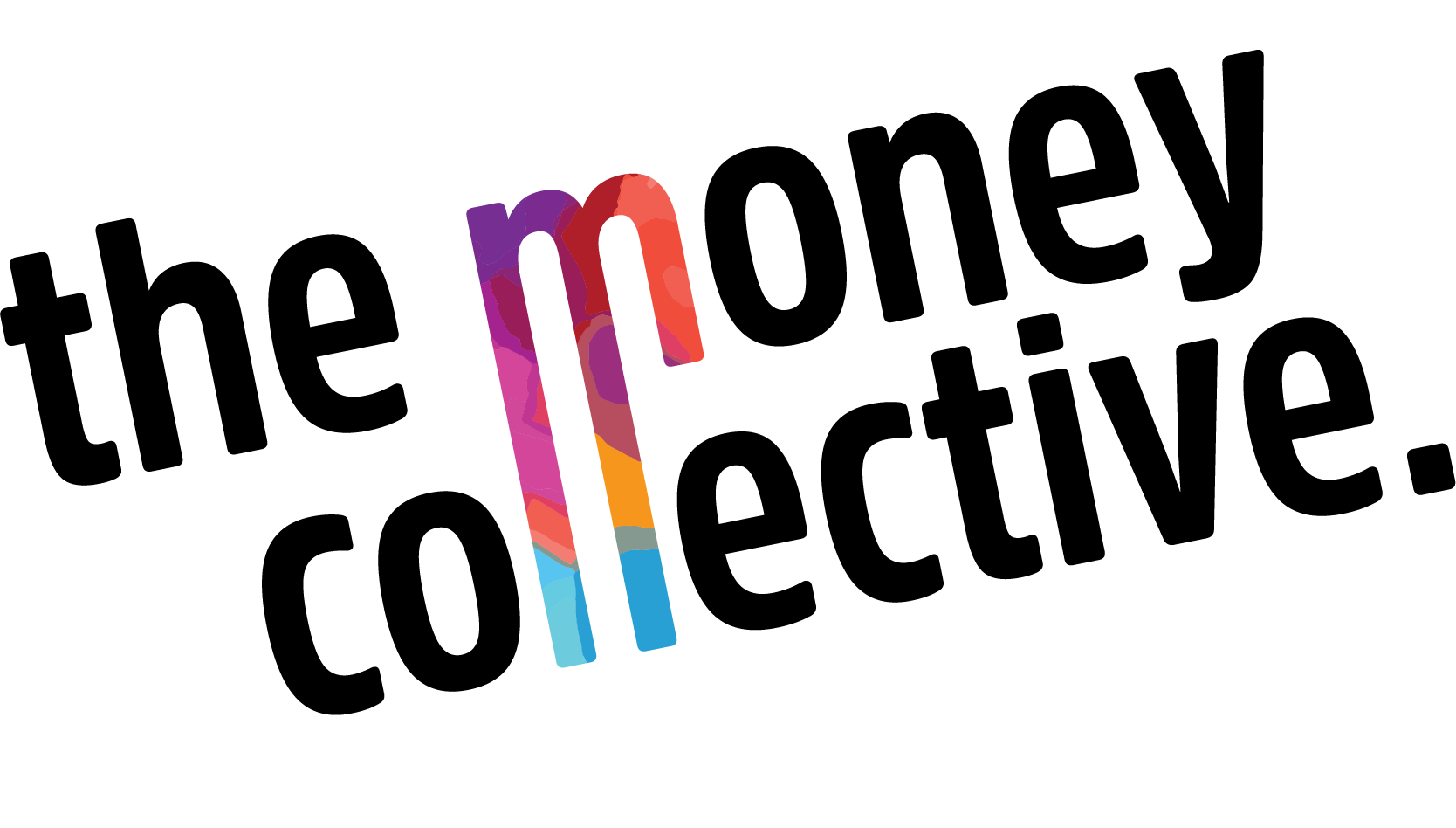what is financial wellbeing?
Financial Wellbeing is defined as when a person is able to meet expenses and has some money left over, is in control of their finances, and feels financially secure, for now and in the future.
At The Money Collective we define financial wellbeing as those things but also when a person:
has a clear understanding of their money
can have honest money conversations with their partner or loved ones
feels that they are in control and in the driver’s seat when it comes to their money
has set money goals for the life they want to live, with actions and steps to achieve it, and
is confident in their financial knowledge and skills to make their own decisions about money
Discover your financial wellbeing score now, by checking-in on your level of financial resilience AND EDUCATION with our quiz.
THREE KEY DIMENSIONS OF financial wellbeing
Being in control AND EMPOWERED
This is about how you feel and act. It’s your level of empowerment, knowledge, and resources to proactively and confidently manage your finances and own your outcomes. It’s understanding your money.
MEETING EXPENSES WITH SOME OVER
This means knowing exactly what money comes in, what goes out, and where it’s going. It means readjusting your spending to align with your values and goals, knowing your bottom line, and how much is left over after expenses, and where you want that to go and why.
feeling financially secure
This means not having to worry. It’s feeling a sense of satisfaction with your financial situation because you’ve got a plan and goals, and know how you will achieve them.
HOW DO FINANCIAL RESILIENCE AND EDUCATION BUILD INTO FINANCIAL WELLBEING?
EDUCATION
The National Financial Capability Strategy 2022 defines financial capability not only the knowledge needed to make sound financial decisions, but to a combination of financial knowledge, skills, attitudes, and confidence that leads to positive financial behaviours and money management decisions that fit the circumstances of one’s life. We refer to it as financial education.
RESILIENCE
Financial resilience is the ability to withstand life events that impact one's income and/or assets. Some financially stressful events could be sudden unemployment, divorce, disability diagnosis, or health problems.
These types of events can significantly adversely affect people, especially if they do not have a strong level of financial resilience.
What can I do to improve my own level of Financial Wellbeing?
We strongly encourage and support our clients to work on their financial resilience and education.
We’ve developed an online course with the tools, information and guidance to uplift your own financial wellbeing.
The 12 step financial wellbeing course is a go-at-your-own-pace program with a video and worksheet to guide you through each step, as well as a personal Spending Plan spreadsheet.
It’s all about giving you the template to create your very own Financial Wellbeing Plan to move forward with empowered confidence.
If you’d love to do the course but need some quick pointers to get you started,
here’s five key areas you can begin to think about for your financial wellbeing now:
Have a financial plan. Have a goal plan for your money and your life.
Build your emergency fund. Have minimum three months of income available in the event of an unexpected emergency.
Understand where your money goes. Track your spending, forecast future expenditure (budget based on realistic data), and check-in on your goals and progress regularly.
Reduce or eliminate your debt. Reduce or eliminate your need for debt to get by for everyday living. Use debt wisely to support your goals. Ensure that the debt you take is always in alignment with your vales and goals. Know your numbers and understand what interest rate rises mean to your bottom line.
Build up your knowledge of your fey money factors (income, assets, debts, expenses). Know your surplus/shortfall and align it to your plan. Keep managing your money proactively and have regular money conversations. Track your goal progress and opt for regular accountability and/or support.
Read more on ways to improve your financial wellbeing in our recent blog: Empowering Women Through Financial Education
WE ALSO PROVIDE PREMIUM 1-1 PERSONAL FINANCIAL WELLBEING COACHING FOR PEOPLE WHO ARE READY TO MAKE SIGNIFICANT CHANGE IN THEIR FINANCIAL BEHAVIOURS, SET GOALS, AND GET INTO THE DRIVERS SEAT when it comes to their money.
if this sounds like you, book a no-obligation free chat with us now.
FINANCIAL WELLBEING IN THE WORKPLACE
PEOPLE ARE YOUR BUSINESS
Employees physical, emotional and psychological stress levels impact their performance and presence at work. Employers can help reduce stress by providing a fair salary and supporting their people to understand, build and maintain their financial wellbeing.
Our nations mental health crisis is only exasperated by rising financial pressures and now more than ever employees financial wellbeing is highly significant to business performance.
KEY BENEFITS TO UPLIFT financial wellbeinG
Less absenteeism due to stress or anxiety
Lower staff turnover
More company and brand loyalty
Improved culture and connectedness
A more productive and present team
More efficient, innovative and safe operations
HOW CAN EMPLOYERS UPLIFT FINANCIAL WELLBEING?
Without the need to invest time and resources building an effective financial wellbeing program from scratch, employers can engage The Money Collective as a Financial Wellbeing Partner, to assist with strategy and embedding over time or simply deliver a one-off financial wellbeing workshop for their employees.








